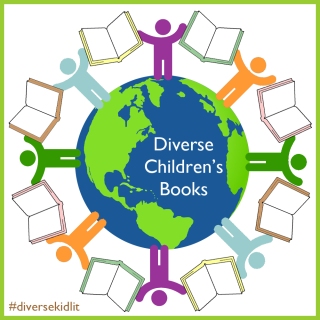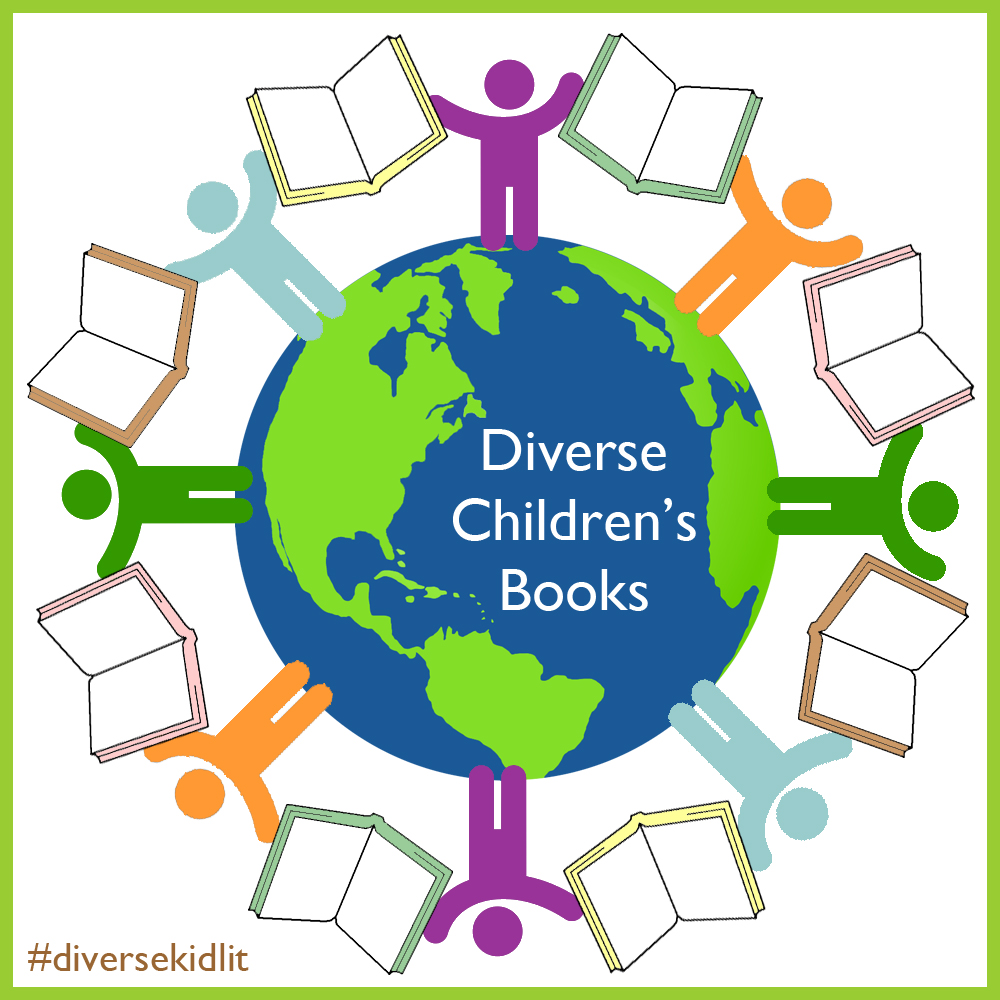
July 1st marks Canada Day, a day of celebration for people across the country. I love my country and I am proud to call myself a Canadian, but our history is not without its dark and painful periods. There is no shame in accepting and recognizing the flaws and failures of your country – human beings are imperfect, so why should we expect a nation created by human beings to be anything else? The most important thing we can do is to learn from the past – to study and understand what happened and why, and to look at the ways in which the present and the future might have been impacted. If we don’t accept and learn from our past, how can we ever hope to create a better future?
Not My Girl is one of a number of Canadian picture books that tackles the impact of the Residential School system. You can read more about this tragic period in our history here. Margaret Pokiak-Fenton shares her experiences as a survivor of the system, bringing her own perspective as a member of an Inuit community in Canada’s remote far north.
When Olemaun was eight years old, she begged her parents to send her to a missionary school, where she dreamed she would learn to read and write. Her parents had their concerns, but eventually relented, and sent a thrilled Olemaun away to school. While she would learn to read and write, this knowledge came at a terrible cost. She experienced relentless mistreatment and abuse from bullying teachers and classmates at the school, and for two years her identity as Olemaun was suppressed, as she was given a new name, a new language and a new identity.

While Pokiak-Fenton’s first autobiographical story, When I was Eight, tells the story of Olemaun’s experiences at school, the sequel Not My Girl shares the heartbreaking experience of Olemaun, now called Margaret, as she attempts to reintegrate into her Inuit community. Unable to speak her native language, unfamiliar with her traditional customs and shunned by her closest family and friends, Margaret is left shattered and heartbroken. Even her own mother disowns her, saying simply, “not my girl”.
Though painful and harrowing, Margaret’s story is ultimately one of strength, resilience and community. Margaret’s father never gives up on her, and his quiet, patient love helps her family heal their wounds. With his gentle, unwavering support and guidance, and eventually her mother’s, Margaret relearns her traditional ways, and finds her way back into her community.

This is a beautiful, painful, but ultimately hopeful and inspiring testament to a family’s love for their child, and to the resilience and strength of Indigenous communities. Finding peace after trauma can be an arduous process, but there must always be hope.
Gabrielle Grimard’s illustrations beautifully complement the emotional text, creating an elegant, understated and powerful story.
Highly, highly recommended.
Diverse Children’s Books is a book-sharing meme designed to promote the reading and writing of children’s books that feature diverse characters. This community embraces all kinds of diversity including (and certainly not limited to) diverse, inclusive, multicultural, and global books for children of all backgrounds.
We encourage everyone who shares to support this blogging community by visiting and leaving comments for at least three others. Please also consider following the hosts on at least one of their social media outlets. Spread the word using #diversekidlit and/or adding our button to your site and your diverse posts.

We hope this community will grow into a great resource for parents, teachers, librarians, publishers, and authors! Our next linkup will be Saturday, July 16th and on the first and third Saturdays of every month.
Most Clicked Post from Last Time
Svenja takes “most-clicked” honors again this time with her post on 30 Multicultural Books about Immigration in honor of June as Immigrant Heritage Month. The post is divided into books geared for preschoolers and elementary students, and the elementary recommendations are further subdivided by the continent of origin. You can find more great posts by revisiting the previous linkup here.
#DiverseKidLit is Hosted by:
Beth @ Pages and Margins
Blog / Twitter / Facebook / Pinterest
Carolina @ La Clase de Sra. DuFault
Blog / Twitter / Facebook / Google+
Gayle Swift, Author of ABC, Adoption & Me
Blog / Twitter / Facebook / Google+
Jane @ Rain City Librarian
Blog / Twitter / Instagram
Marjorie @ Mirrors Windows Doors
Blog / Twitter / Facebook / Pinterest
Mia @ Pragmatic Mom
Blog / Twitter / Facebook / Pinterest / Instagram
Myra @ Gathering Books
Blog / Twitter / Facebook
Want to be notified when the next #diversekidlit linkup goes live? Click here to join the mailing list. Interested in joining as a host or an occasional co-host? Contact katie at thelogonauts.com.
(Never participated in a linkup before? Please click here for a more detailed step-by-step.)



This book sounds powerful, I look forward to sharing it with my family.
It’s a very powerful story, handled in a very gentle, graceful way, perfect for sharing with young readers.
Found out about this book (and it’s companion) last year and snagged them immediately from the library. This is another of those oft-overlooked parts of our shared history that kids need to know about. Thanks for shining a light on this key #diversekidlit text!
What a heartbreaking and powerful book. I want to read this one! It’s so important for children to know these stories. Excellent review.
Thank you! It is an incredibly moving story, I hope you get a chance to read it. You’re right, it’s so important that we be honest about our history so that we can learn from it and grow as a society.
I’m not familiar with this book. Thank you for taking the time to highlight it. It sounds like a powerful and important read.
I like being able to showcase Canadian titles whenever I get a chance, they’re definitely not as well known as American titles, but many of them really deserve more international love!
Absolutely!